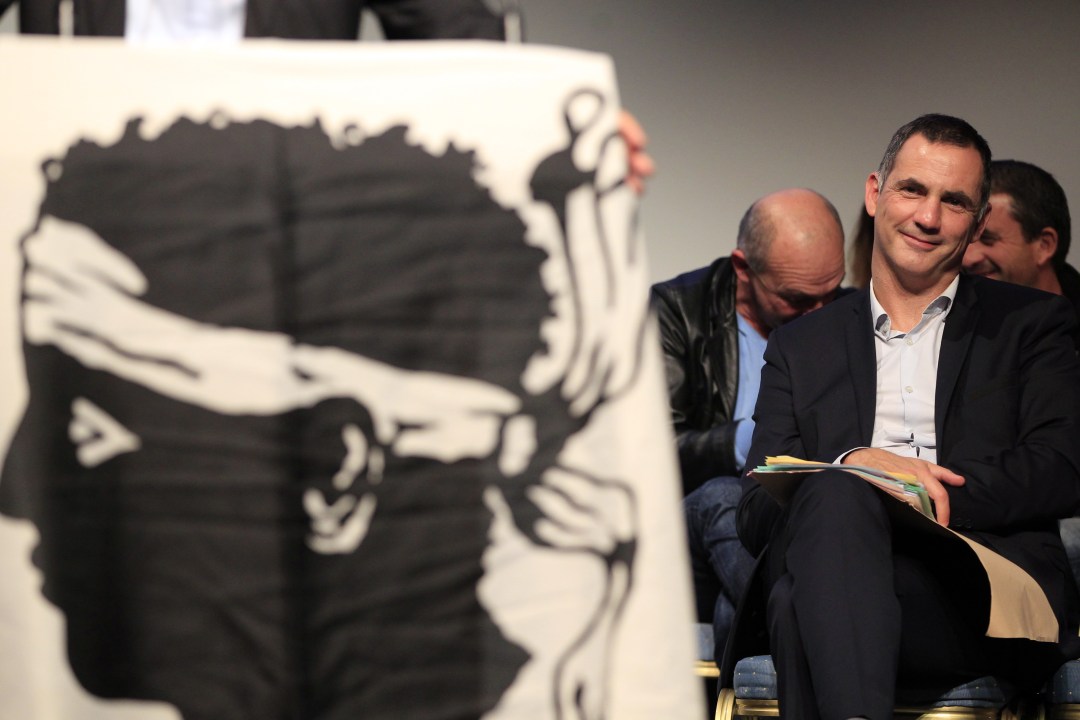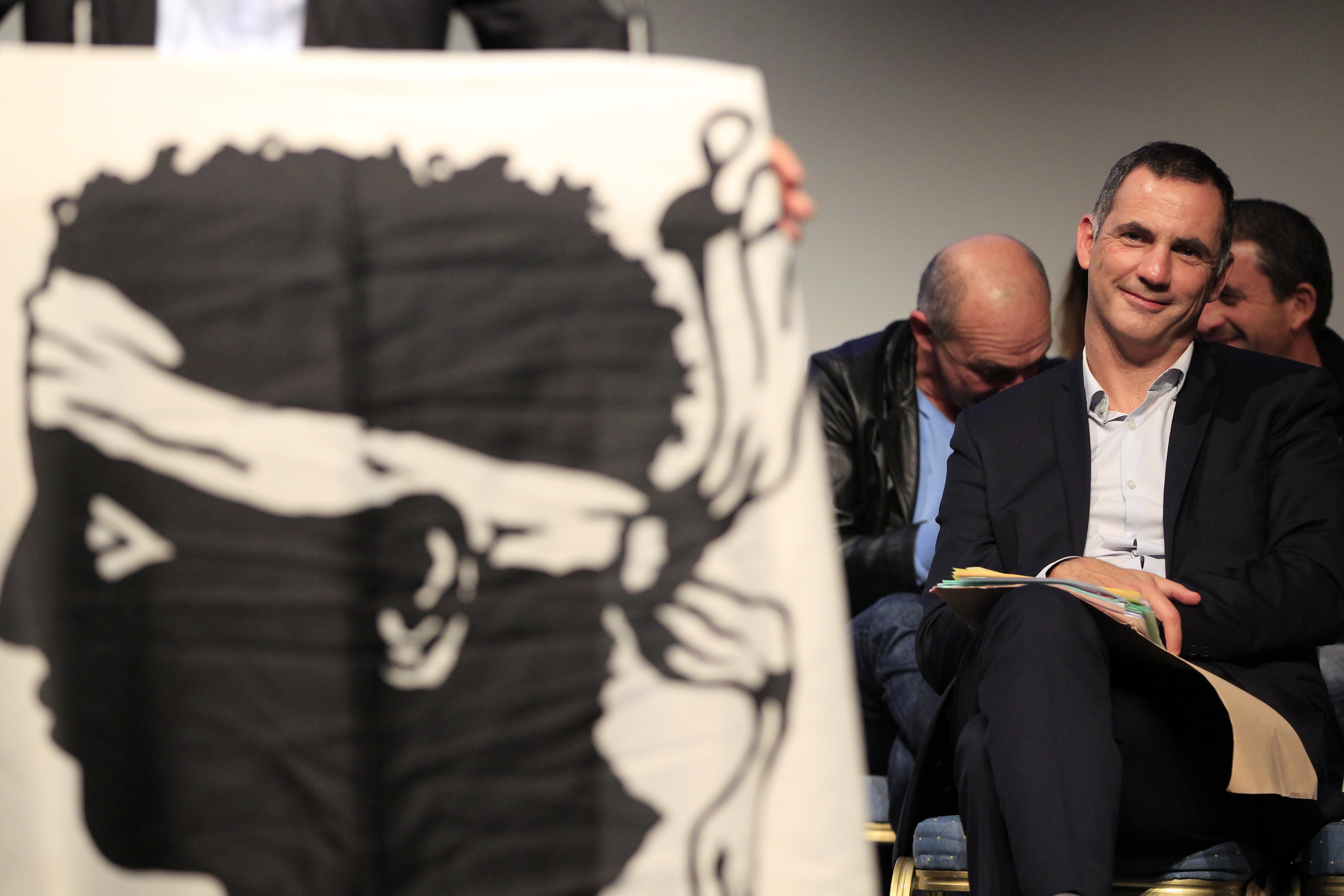The second round of the French regional election was surprising in many ways. Surprising, because the strategy of the ‘Front Républicain’ worked well against the Front National. But Socialists are now in the awkward position of having zero seats in two important regions that until recently they governed.
Even if the Socialists were able to save face by winning a few regions, their defeat was a big one, because in the last regional election five years ago, they won every region in mainland France (except for the Alsace). For the left to lose in Île-de-France, the region where Paris is located, is indeed quite a dramatic blow for them.
Another interesting point about these regional elections – which has gone almost unnoticed outside France amid all the hype about Le Pen – was the result in Corsica. For the first time ever, a regionalist party has won in this insular region. It’s much too early to say whether this could cause friction with the central government in Paris. But regionalist movements tend not to be viewed kindly, and the independence movement in Corsica is gaining strength — adding credence to the idea that Europe is breaking apart rather than coming together.
What does all this suggest for the general election in 2017? Not much. The Front National is still too toxic for the majority of French voters. Even if the party have sizeable support, they still struggle to reach more than 45 per cent of the vote. Under a majoritarian voting system, it will be difficult for the FN to achieve a clear victory. For the centre-right Républicains – especially with a primary election coming soon – there is increasing uncertainty about which candidate will be the best to run against François Hollande and Marine Le Pen. Nicolas Sarkozy is the best known potential candidate for the republican right, but the former Bordeaux mayor Alain Juppé is currently more popular according to the latest polls.
One thing is sure however: along with the fight against terrorism and extremism, the lacklustre state of the French economy will be the major issue until the 2017 election, especially with France’s rising unemployment and lack of political will for major reforms. Corsican nationalism may not seem like the major story right now, but it is on the rise, and unlikely to disappear any time soon.







Comments